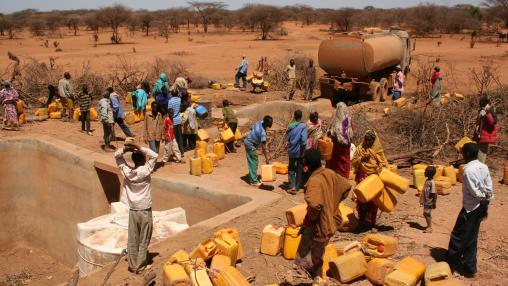
Ethiopia Facing Severe Drought
Ethiopia is currently experiencing the worst drought in 30 years, as failed spring rains combined with El Nino conditions to severely weaken the summer harvests that feed 80-85 percent of the country. However, experts have been quick to emphasize that the current situation will in no way reach the crisis levels seen during the 1984 drought and subsequent famine.
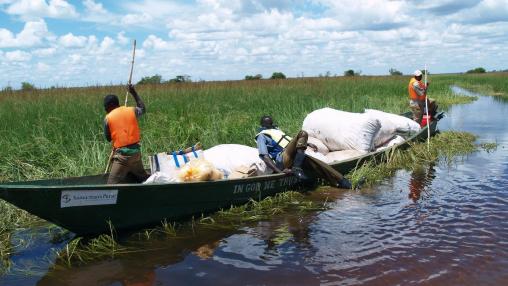
FEWS NET Report Predicts Flooding for Horn of Africa
The 2015-2016 El Niño cycle could bring significant flooding to areas of the eastern Horn of Africa, according to a new FEWS Net Alert released this week. Southern Ethiopia, eastern Kenya, and south-central Somalia are among the areas likely to be affected. FEWS NET warns that the situation could mirror the El Niño-driven floods and subsequent food insecurity seen in 1997, when flooding displaced close to 2 million people throughout the region and led to widespread crop and livestock loss.
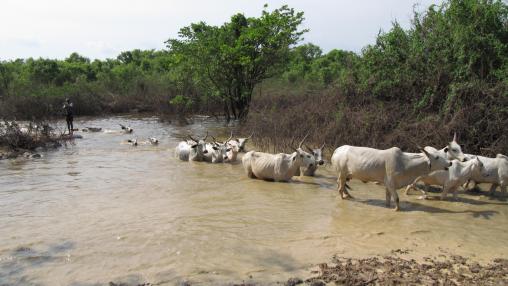
El Niño to Bring Floods, Drought
Farmers and pastoralists throughout Africa could soon be confronting a dual threat, thanks to this year’s potentially record-breaking El Niño phenomenon. The weather system has the potential to cause both severe drought and significant flooding throughout the continent, leading to reduced or damaged crops, income losses, and increased food insecurity for many of the region’s poorest populations.
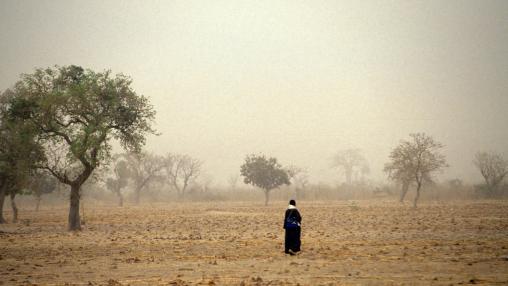
L'agriculture et le changement climatique : Partie du problème, partie de la solution
Depuis la déclaration des objectifs du millénaire pour le développement des Nations unies en 2000, le monde a fait des progrès considérables pour réduire la faim. Cependant, on estime que 200 millions d'Africains continuent de souffrir de malnutrition chronique et que cinq millions de personnes meurent encore chaque année des conséquences de la faim.
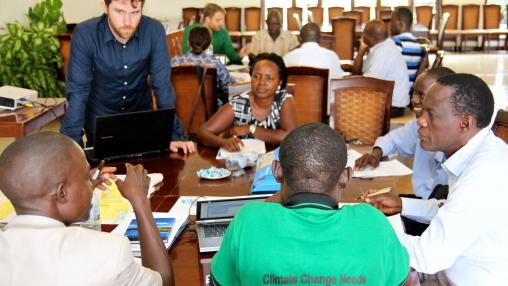
La plateforme de rencontre pour une meilleure élaboration de la politique climatique est lancée en Ouganda
Ce blog a été initialement publié sur le blog du CCAFS. Écrit par John Francis Okiror, stagiaire en communication, Institut international d'agriculture tropicale (IITA), Ouganda.
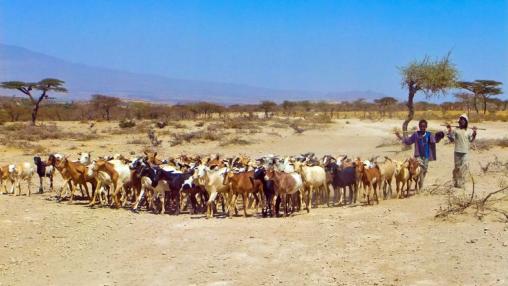
Impact of Climate Change on African Agriculture: Focus on Pests and Diseases
The latest CGIAR report on the impact of climate change on African agriculture argues that increased regional temperatures and a greater risk of pests and diseases will affect crop, livestock, and fisheries productivity throughout Africa. Without effective adaptation measures, regional production of maize and beans could decrease by up to 40% relative to the period 1970-2000, leaving areas like Eastern and Southern Africa with a need to rapidly adapt in order to improve and ensure food security.
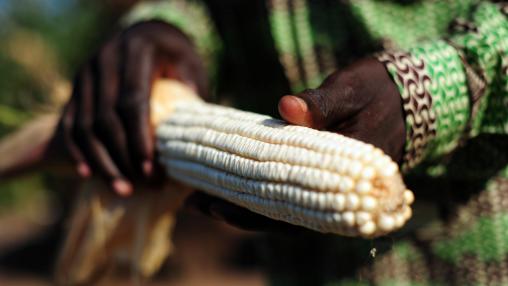
Changing Climate, Changing World: How African Agriculture Will Respond
Conversations about climate change often focus on future effects, but according to the latest Assessment Report from the Intergovernmental Panel on Climate Change, changes to the global climate have already had a significant impact on food production. Global agricultural productivity has declined over the past 30 years by 1-5 percent per decade, and this deterioration is expected to continue, even if we only experience low levels of warming (+2 ºC).
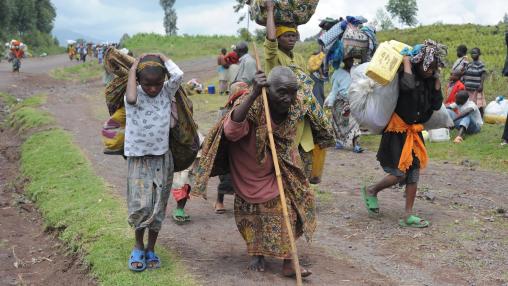
The Take-aways from Four Dozen Papers on Conflict and Fragility in Africa in under 2,000 Words
This blog was originally posted on the World Bank's Development Impact blog . Written by World Bank Senior Economist David Evans , co-authored by Lead Economist Markus Goldstein and Research Analyst Anna Popova .
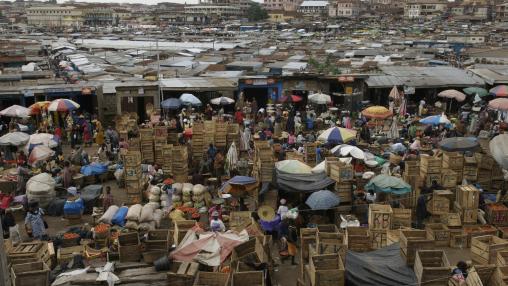
How Volatile Are African Food Prices?
Common wisdom holds that rising price volatility in international food markets has translated into higher food price volatility in developing countries, particularly in Africa. This seems to be a logical assumption, as most African countries are net food importers, but is it actually the case? Not necessarily, according to a 2013 research brief by IFPRI researcher Nicholas Minot.
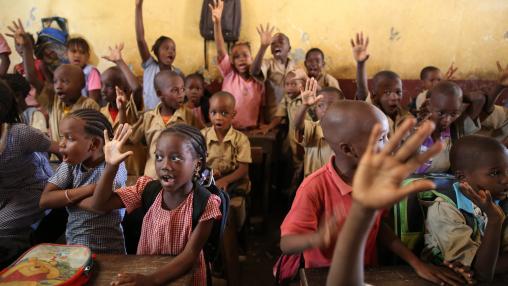
Helping Children Learn: Social Safety Nets and Cognitive Development
It has been well documented that children's early years, from birth through when they enter preschool, are crucial to their future health, cognitive, and economic well-being. Young children suffer disproportionately more than adults from economic shocks such as drought or food price spikes, as well as from non-economic shocks, like divorce or family separation. Undernourished children have been observed to have poorer cognitive skills in adulthood, are less likely to complete school, and are less productive economically.